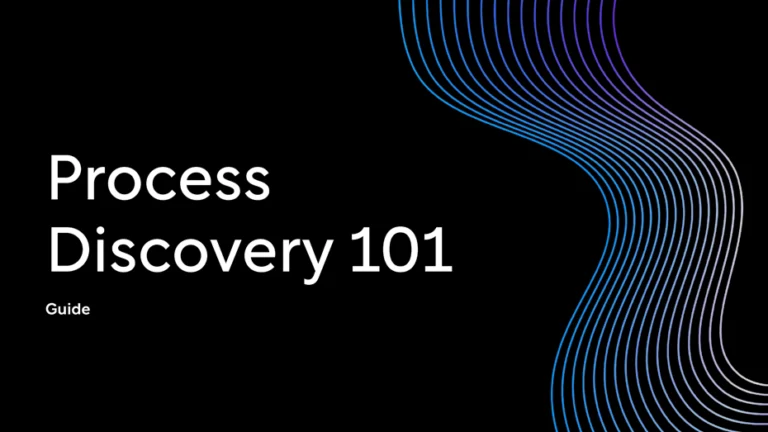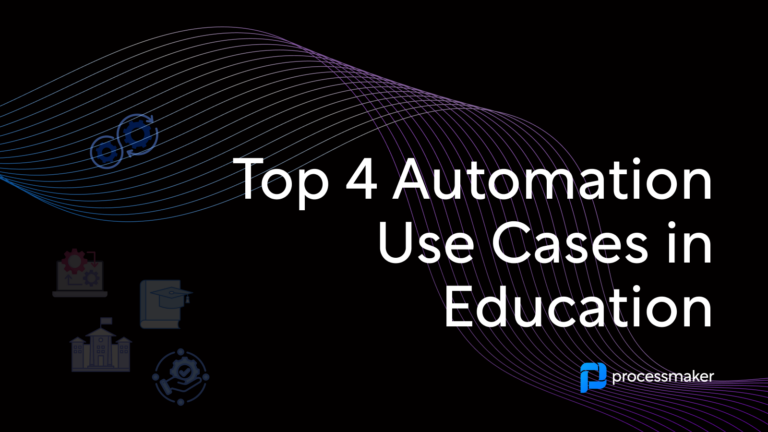The key to understanding the ROI of each enterprise software application starts with your data. Every time we use enterprise software, we collect information about how we use that tool to complete our work. Just imagine with the number of applications we use daily how much data is collected. This data could be used to tell us about how productive we are and how to improve. It could also help us determine the value of the software tools purchased to make wiser acquisitions in the future. Unfortunately, this is exactly where many companies struggle. When such a vast amount of data is collected from such a wide variety of applications, how do we capture that information and turn it into real-world savings?
5 Questions to ask yourself to master your data
1. Where is your data?
With multiple applications being used across departments, do you even know where data is stored? If you do know where it’s being stored, is it in one accessible location where individual records are easily found and queried? Before you start analyzing your data, a management system should be in place. This system should make it simple to access and query data for both human users and reporting software. This includes connecting systems so data collected is automatically stored in a master file, making it easier to eliminate duplicate records and giving you a complete picture of the inner workings at your company. Using workflow software to create a fully integrated ecosystem that filters and stores data from multiple applications is a good place to start.
2. What do you hope to learn from your data?
Now that there are software tools to not only complete but monitor almost any task imaginable, it’s important to know how data can be used to learn about the inner workings of your company. However, you need to have a good idea of what you want to know about your company before you can begin to analyze your data. Do you want to reduce costs? Do you want to find ways to increase productivity? Only when you find out what exactly you want to measure can you start to analyze your data.
One place to start is determining the most effective metrics and KPIs for your company. Then, take a look at what factors contribute to your chosen metrics and KPIs. For example, if you’re measuring employee efficiency, you are going to want to take a look at a few things. For example, how long it takes for each employee to complete their tasks and how your company spends money to complete those tasks. This way, data collected will finally have a logical connection between records, even if the records come from different sources. Then, you’ll have a basis for establishing what data is important.
3. Do you need all of your data?
In the age of Big Data, applications collect information about anything and everything. A lot of this information is just clutter that takes up precious storage space. It also creates a barrier to any insights that might be gained from the data. The second step after finding out what data is important to you is getting rid of any unimportant data. Cleaning up your data makes streamlines the process of storing and analyzing, with the tangible benefit of reducing storage space.
4. How can you use data to your company’s advantage?
Now that you have the data needed to measure your company’s performance, you can use the data to bring forth real-world improvements. However, what tools do you have at your fingertips to analyze data and produce results? Do you know if those tools are giving you reliable, accurate reports?
Another key to mastering your data is having a data management tool gives you the desired results with minimal hassle. Before choosing a data management platform, find out which charts and reports you require to make informed decisions, quickly. Next, you will want to find a data management platform that can deliver those reports with the least amount of effort. A lot of data management tools are specialized for a particular industry, so looking for a specialized platform for your industry is a good place to start.
5. How do you maintain and store your data?
Making sense of your data does not stop after the data is analyzed. As applications continuously collect data, you must also constantly cultivate and refine all of that incoming information. The real question here is: how do you constantly maintain your data without spending all of your time on it?
As stated before, the core problem is the sheer number of applications used on a daily basis. While finding a central location for storing data solves part of the problem, it still doesn’t do much for categorizing and processing all of that data so that you only have exactly what you need. This is why it is beneficial to have a workflow automation platform to help you automatically manage that data for you, so you can focus on more important tasks.
What workflow automation software does is orchestrate all of the different applications your company needs on a day-to-day basis. Not only can you automate your business processes using functionality from all software tools used across the company, but it can also automatically sort through all the data the moment any information is input into the system. This way, the workflow automation tool categorizes data and pares it down before storing it. Then, after storing it, it is ready to go for any data management tool.
What’s the takeaway?
By asking yourself these questions as you face your own mountain of data, you’ll be ready to convert raw data into actual value. All that remains for you is to make sure to equip yourself with the right tools to minimize the work it takes to analyze data and maximize the benefits for your company. Start mastering your data by learning more about workflow automation at www.processmaker.com.





